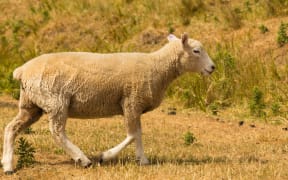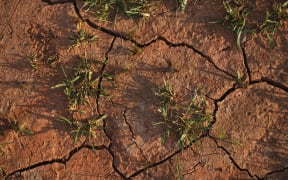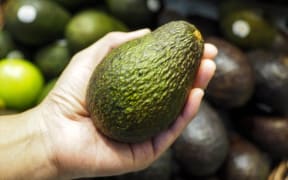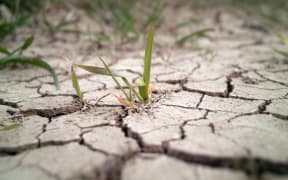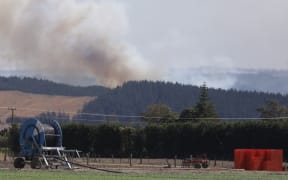Water restrictions are being put in place around the country as the dry summer weather begins to bite.
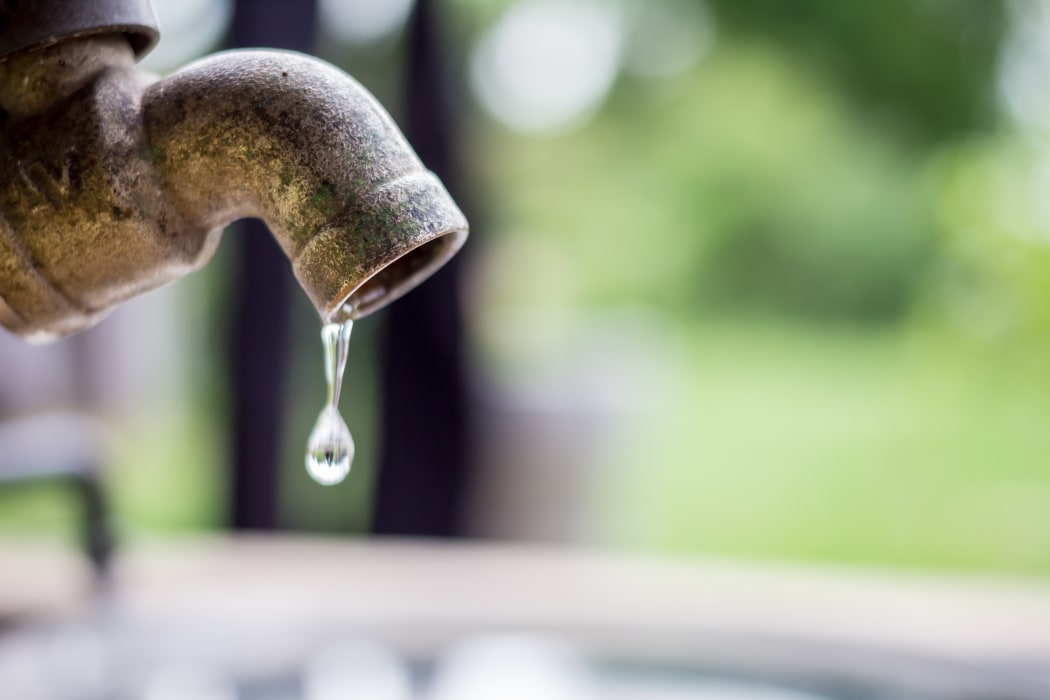
Photo: 123RF
In parts of the Far North, people cannot use garden hoses, sprinklers or irrigation devices. Water blasting and filling swimming pools are banned.
In Wellington, New Plymouth, Central Hawke's Bay, people can only use hoses on certain days and times.
Residents in Dunedin and South Wairarapa are also being asked to save water.
Total outdoor water bans were triggered this month in Kairakau, Waipawa and Ōtāne in central Hawke's Bay after two separate water pipe breaks.
The restriction levels were lowered after the pipes were fixed, but people still could not use sprinklers at all, hand held hoses at certain times, and private washing of cars or buildings is allowed only with a bucket or sponge.
Central Hawke's Bay District Council chief executive Monique Davidson said the area was now set at Level 3 restrictions out of a possible 4.
"Moving to level 3 is around us really acknowledging that we've had an enormous dry period. The river levels are very low. We want to manage the river levels really carefully and in particular our reservoir levels," she said.
Davidson said the public had been supportive of the water conservation efforts, but that needed to be ongoing.
In Northland, rainfall in 2019 was the lowest on record and parts of the region are on the cusp of a drought.
In the Far North, the district council has imposed Level 3 water restrictions in Kawakawa and Moerewa as water supply drops.
The area's stream has dropped steadily over the last few weeks, according to the council.
NIWA meteorologist Seth Carrier said the weather across New Zealand was going to be settled in the coming weeks.
"We're in a fairly dry stretch right now for a vast majority of the country and unfortunately it's going to continue into the next week or two. As we go through January, we have generally high pressure overhead, which means not much rainfall."
Carrier said the driest soils were in Hamilton, the Coromandel Peninsula, Auckland, and Northland.
In Auckland, Watercare said it was going to put up a call for people to be water-wise next month.
Watercare communications manager Rachel Hughes said water use usually spikes in January, February and March on hot days with people watering the garden, kids playing under a sprinkler or using the hose pipeline more often.
"It's not about going without it. It's about cutting down on wastage. Just some simple steps you can take, like turning off the tap when you're brushing your teeth and spending a minute less in the shower," she said.
Most councils around New Zealand have published tips on how to conserve water on their websites.
